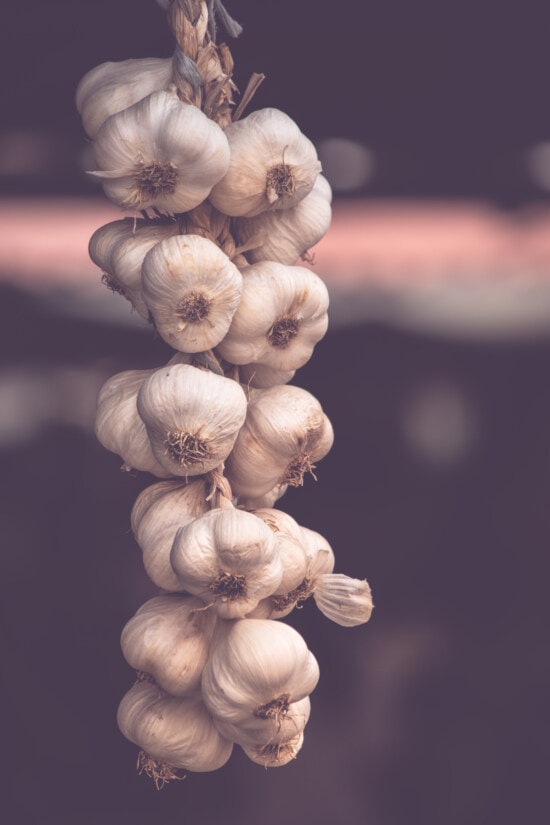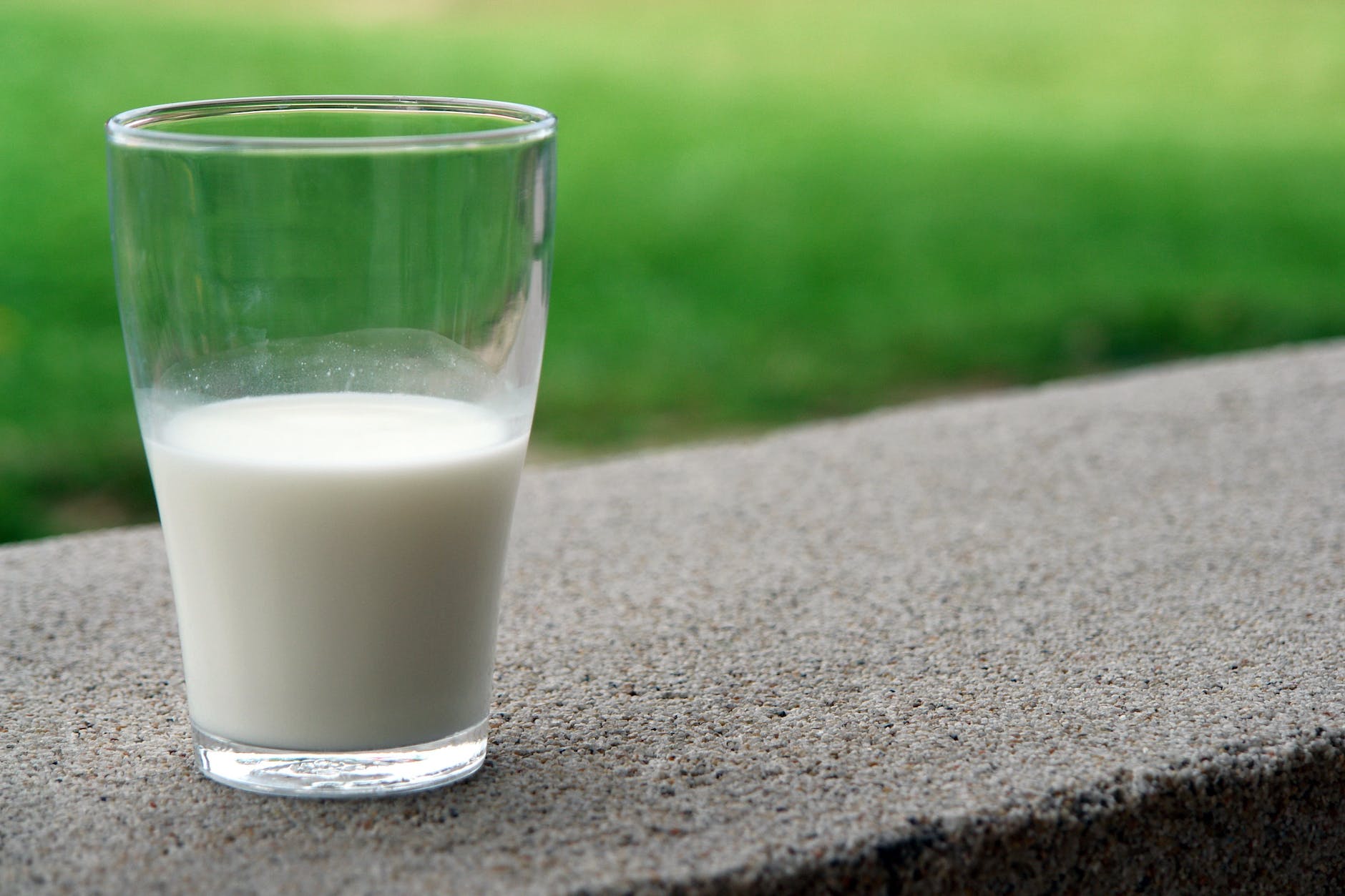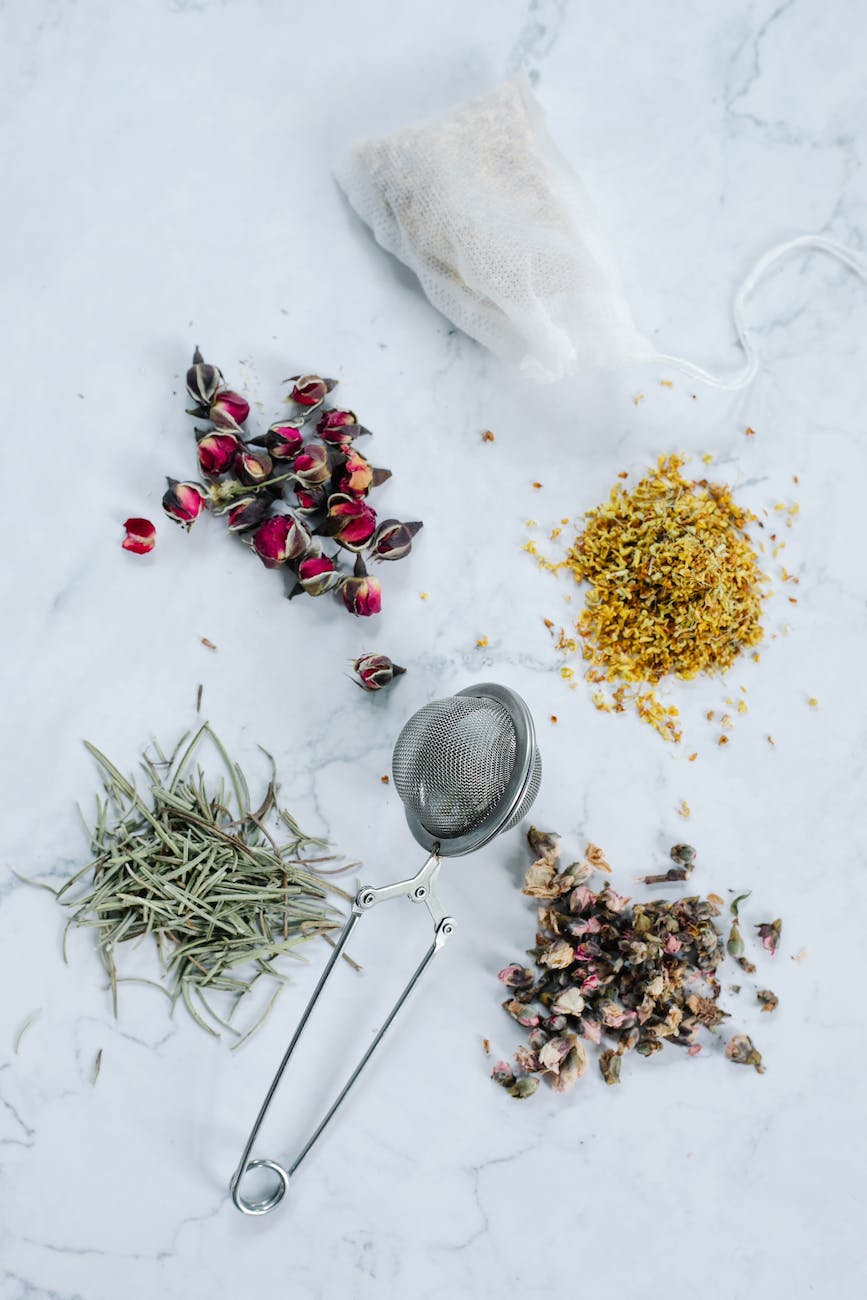
Greetings, health-conscious readers! Today, we embark on a journey into the world of garlic, a humble kitchen staple that has been celebrated for centuries for its remarkable healing properties. 🌿🧄 In this post, we’ll explore the vast array of health benefits that garlic offers and how it can serve as a natural remedy for common ailments. From boosting immunity to soothing respiratory issues, promoting cardiovascular health, and enhancing overall well-being, garlic truly deserves its reputation as a time-honored healing herb. Get ready to unlock the healing power of garlic and discover the secrets behind its medicinal prowess! 💪🌶️🧄
1. Garlic’s Immune-Boosting Abilities Garlic is a potent ally in strengthening the immune system. It contains compounds like allicin, which have antimicrobial, antiviral, and antifungal properties. These compounds work together to stimulate the activity of white blood cells, the defenders of our immune system. Consuming garlic regularly can help enhance the immune response, reduce the severity and duration of colds and flu, and protect against various infections. By incorporating garlic into your diet, you can give your immune system a natural boost and support your body’s defense mechanisms.
2. Respiratory Health Support Garlic has long been used as a natural remedy for respiratory issues. It can help alleviate symptoms of coughs, colds, and congestion due to its expectorant and antimicrobial properties. Garlic contains compounds that help thin mucus and promote the clearance of respiratory passages, providing relief from congestion and soothing irritated airways. Incorporating garlic into your diet or using garlic-infused remedies can offer respiratory health support and aid in breathing comfort.
3. Cardiovascular Health Promotion Garlic has been extensively studied for its positive effects on cardiovascular health. It may help lower cholesterol levels, reduce blood pressure, and improve blood circulation. The compounds found in garlic help prevent the oxidation of LDL (bad) cholesterol, reducing the risk of plaque formation in the arteries. Garlic also promotes vasodilation, which improves blood flow and supports overall cardiovascular function. By including garlic in your diet, you can contribute to the maintenance of a healthy heart and circulatory system.
4. Digestive Aid and Gut Health Garlic has traditionally been used to support digestion and alleviate digestive discomfort. It aids in the breakdown of food and enhances nutrient absorption. Garlic’s natural antimicrobial properties can also help combat harmful bacteria in the gut, promoting a healthy balance of gut flora. Additionally, garlic acts as a prebiotic, providing nourishment for beneficial gut bacteria. By incorporating garlic into your meals, you can support optimal digestion, maintain a healthy gut ecosystem, and improve overall digestive well-being.
5. Anti-Inflammatory and Antioxidant Effects Inflammation and oxidative stress are underlying factors in the development of many chronic diseases. Garlic contains powerful antioxidants and anti-inflammatory compounds that can help reduce inflammation and combat oxidative damage in the body. These compounds scavenge free radicals, neutralize them, and protect cells from damage. By incorporating garlic into your diet, you can tap into its protective effects and support overall cellular health.
6. Natural Antibacterial and Antifungal Agent Garlic’s antimicrobial properties make it a potent natural remedy for fighting off bacteria and fungi. It has been used topically to treat skin infections, wounds, and fungal conditions. Garlic’s compounds inhibit the growth of harmful microorganisms, including bacteria, viruses, and fungi, making it a valuable addition to natural remedies for various skin and nail issues. Applying crushed garlic or garlic-infused oil topically may help promote healing and prevent infection.
7. Cancer-Fighting Potential Garlic has shown promise in its potential to help prevent certain types of cancer. The organosulfur compounds found in garlic have been found to inhibit the growth of cancer cells and promote their self-destruction. These compounds have been particularly studied in relation to colorectal, stomach, and prostate cancers. While more research is needed, incorporating garlic into a balanced, plant-based diet may be a beneficial step in reducing the risk of certain cancers.
8. Managing Blood Sugar Levels Garlic may also play a role in managing blood sugar levels. Studies have shown that garlic supplementation can help lower fasting blood sugar levels and improve insulin sensitivity in individuals with diabetes. Garlic’s active compounds may enhance insulin production and increase the body’s utilization of glucose, thereby contributing to better blood sugar control. However, it’s important to note that garlic should not replace prescribed medications or medical advice in diabetes management.
9. Incorporating Garlic into Your Daily Routine Incorporating garlic into your daily routine is simple and versatile. You can add fresh garlic to a variety of dishes, including soups, sauces, stir-fries, roasted vegetables, and marinades. Crushing or chopping garlic cloves activates the formation of allicin, the beneficial compound. Let the crushed garlic sit for a few minutes before cooking to maximize its potential health benefits. If you prefer a milder flavor, roasted garlic offers a sweeter and less pungent alternative.
10. Precautions and Considerations While garlic offers numerous health benefits, it’s important to exercise caution and consider individual factors. Some individuals may experience digestive discomfort or interactions with certain medications when consuming garlic. If you have specific health conditions or are taking medications, it’s advisable to consult with a healthcare professional before making significant changes to your diet or starting garlic supplementation.
Conclusion: Embrace the Healing Power of Garlic Garlic’s healing properties are nothing short of remarkable. From its immune-boosting abilities to its support for respiratory health, cardiovascular well-being, digestion, and beyond, garlic is a true natural remedy for common ailments. By incorporating garlic into your daily routine and enjoying its culinary delights, you can harness the healing power of this ancient herb and pave the way for a healthier, more vibrant life. So, make garlic a kitchen staple, embrace its medicinal prowess, and unlock a world of wellness with this exceptional herb! 🌿🧄💪











